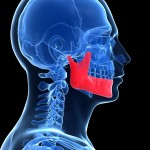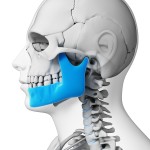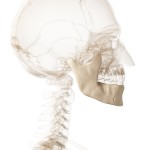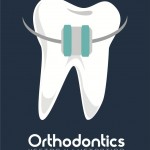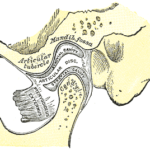
This review was to evaluate the prevalence of temporomandibular joint disorders (TMD) among the general population. 21 studies involving a total of 11,535 patients were included with the findings suggesting a prevalence of 29.3% (95%CI; 6.1–72.3%) in adults assessed using the RDC/TMD Criteria.
[read the full story...]